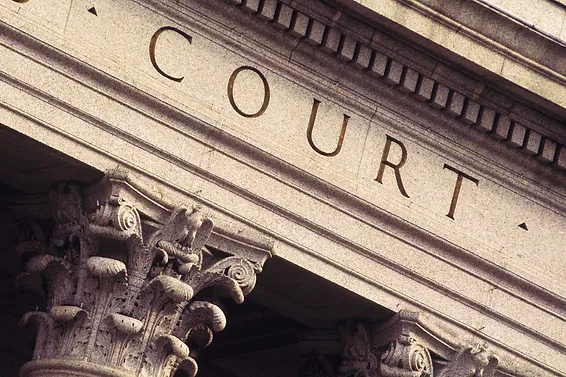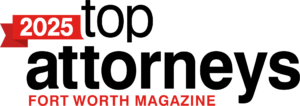For many years, professional sports leagues have had bylaws and policies prohibiting tampering with players while employed by another team (i.e., anti-tampering rules). Similarly, the NCAA has long had recruiting bylaws that prohibit one institution from contacting a player while enrolled in another institution. The process of obtaining a “release” under NCAA rules and the opportunity to transfer has become simplified with the loosening of NCAA transfer rules and the creation of the transfer portal.
Now that athletes are able to use their names, images, and likenesses for compensation (i.e., NIL deals) and to receive payment through revenue sharing (i.e., rev share deals), the landscape of college athletics is pushing towards professional models. Under the current NCAA structure, institutions that violate NCAA recruiting rules are subject to enforcement and will likely have a date with the NCAA Committee on Infractions. Whereas, under professional anti-tampering rules, franchises are often subject to loss of draft picks, heavy monetary fines, and other formidable penalties.
As the landscape has changed, the University of Wisconsin and its collective, VC Connect, LLC, (collectively “Wisconsin”) have filed suit against the University of Miami (“Miami”) claiming that Miami tampered with Xavier Lucas (referred as in the Complaint as “Student-Athlete A”) by knowingly inducing Mr. Lucas to leave the Wisconsin football program to join the Miami football team. Wisconsin claims that Mr. Lucas signed “NIL contracts” that paid Mr. Lucas “substantial compensation”. The “NIL contracts” consisted of a Memorandum of Understanding with the University of Wisconsin and the NIL Licensing, Marketing, and Services Agreement with the VC Connect, LLC. The Memorandum of Understanding was conditioned on the approval of the House v. NCAA settlement and was set to commence in July 2025. The NIL Licensing, Marketing, and Services Agreement would compensated Mr. Lucas until payments began under the terms of the Memorandum of Understanding went into effect.
On December 17, 2024, Mr. Lucas requested to be placed in the transfer portal, but the University of Wisconsin refused to do so. Under NCAA rules, only an institution can place an athlete in the transfer portal. On January 13, 2025, Mr. Lucas unenrolled from the University of Wisconsin and publicly announced he was enrolling at Miami. Wisconsin claims that Miami had multiple impermissible contacts with Mr. Lucas and his family and representatives between December 2, 2024 and January 13, 2025.
Mr. Lucas’ counsel previously published statements claiming the Memorandum of Understanding with the University of Wisconsin was not binding because the House v. NCAA settlement was not final and institutions were, at the time, not permitted to compensate athletes. Additionally, his counsel claimed that Mr. Lucas did not receive compensation under the terms thereof.
Wisconsin filed two claims and counts of tortious interference against Miami alleging that Miami unlawfully interfered with the Memorandum of Understanding (agreement with the University of Wisconsin) and the NIL Licensing, Marketing, and Services Agreement (agreement with VC Connect, LLC). Additionally, both the University of Wisconsin and VC Connect, LLC seek recovery from Miami based on a tortious interference with prospective contracts claim. Finally, the University of Wisconsin seeks declaratory relief and a declaration from the Court that “Miami’s conduct directed towards Student-Athlete A constituted tampering will effectively terminate the parties’ controversy.”
For more information, feel free to contact Christian Dennie at cdennie@denniefirm.com.




